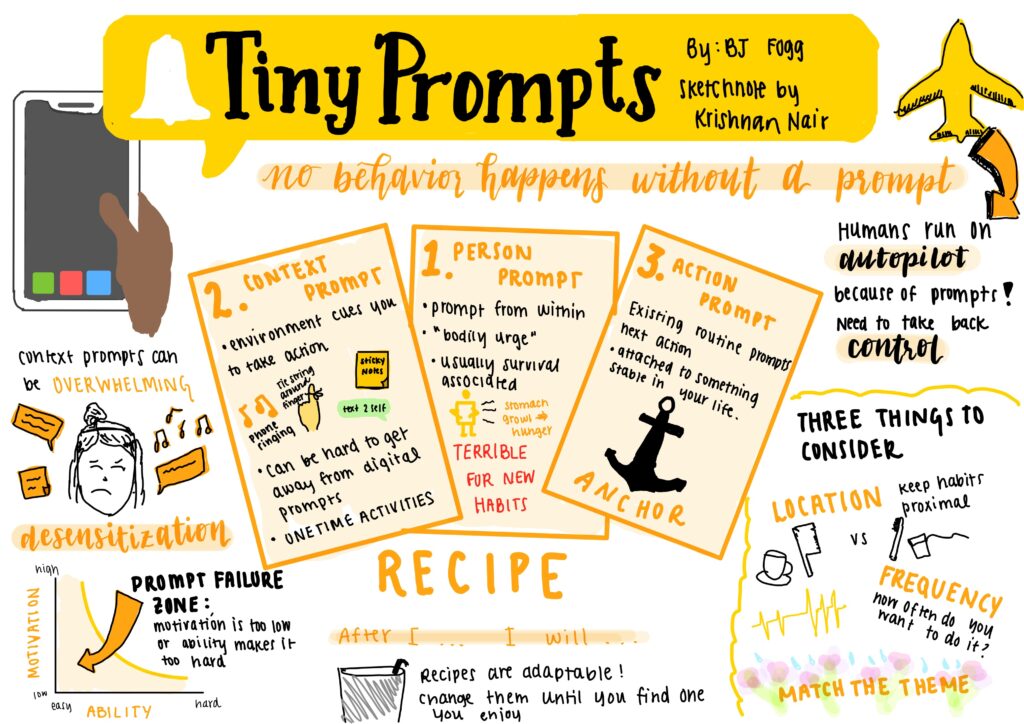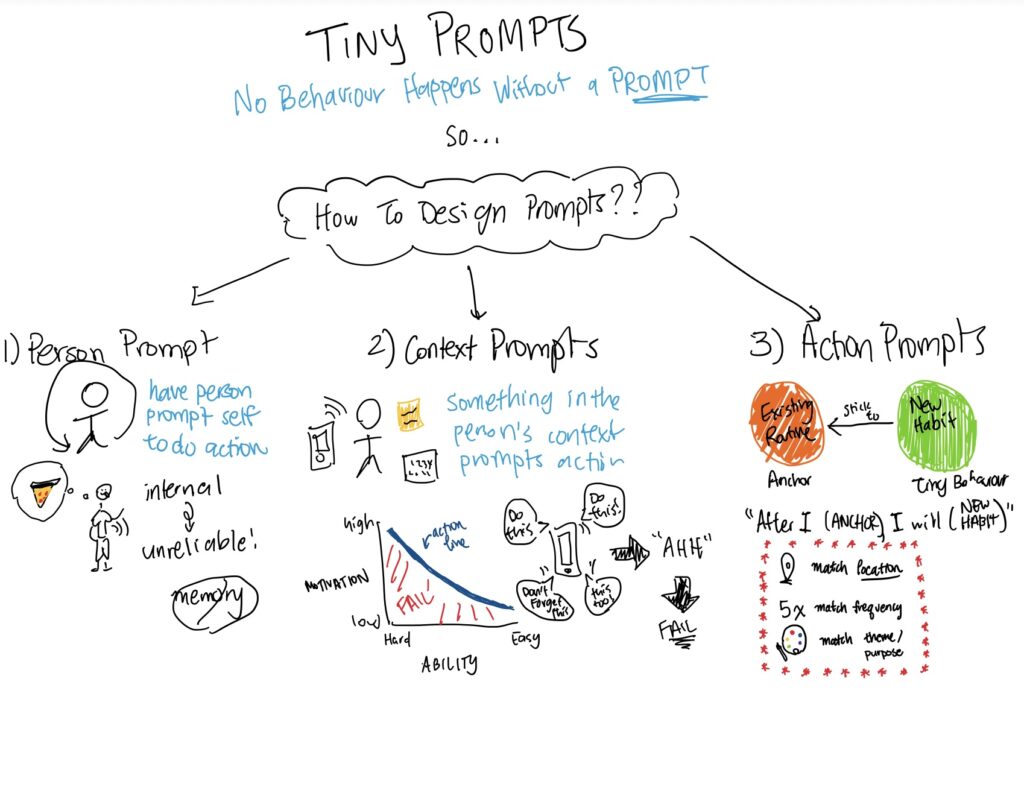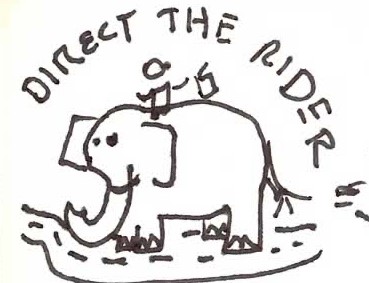From the reading, I see a product manager as someone who links the different parts of a team/org to bring a product/feature to life. They are the ones that connect the ideas from the design team to the metrics that will be used by the engineering team to build the product or the feature. They are the ones who will evaluate the product/feature and get insights from the data generated from the usage of that product/feature and pass the performance statistics not just to their teams but all other involved parties i.e. the managers or senior management. A product manager has a hand or finger in many parts of the organization so that they can keep track of where the company’s priorities are shifting towards, and that way they can make sure their team stays on track, is motivated, and is inspired to keep producing value to the company. I also liked the definition that was quoted in the reading from this book Escaping The Build Trap which was that product managers are “stewards of a value exchange between a business and its customers.”, which I found very interesting especially after reading the part where it says “the urge to defensively demonstrate value—can lead to some epic acts of unintentional self-sabotage”, because for people whose role is to facilitate value exchange, it is somehow contradictory that they would struggle with proving their own value to themselves leading to becoming bad product managers.
In my previous internship at a tech company, I noticed that the product manager for our team did not have access to the codebases, and so they could not directly make any changes to the codebase and would always need to ask one of the software engineers to make whatever small changes they felt were necessary to make the product look/function better. I always thought this was very cool, because if they could directly modify the codebase for example if they were tech savvy then they would have had no need to come to our weekly standups, and check in on the progress of whatever features the team was working on and clarify some questions that came up for the SWEs who were the ones building and maybe needed more information. I also liked that the book explicitly said that as a PM “you are not the boss”, because for most people if you are the connector between different teams and are the point of contact for anyone who is involved with your product/feature the responsibility can start to feel like power, but in reality you are just responsible for your team’s success.
If I could ask a question to the author of this book it would be with regards to this statement: “Great product managers are the sum of their experiences, the challenges they’ve faced, and the people they’ve worked with.” For an entry-level PM, how can they begin building this muscle of judgment and intuition without simply mirroring or relying too heavily on the work of others? In other words, what are the practical ways for a new PM to cultivate original thinking and confidence in decision-making, while still learning from established practices and examples?
About the author
Related Posts

January 17, 2022
Sketchnote: Tiny Prompts

January 17, 2022
SketchNote: Tiny Prompts

January 17, 2022
